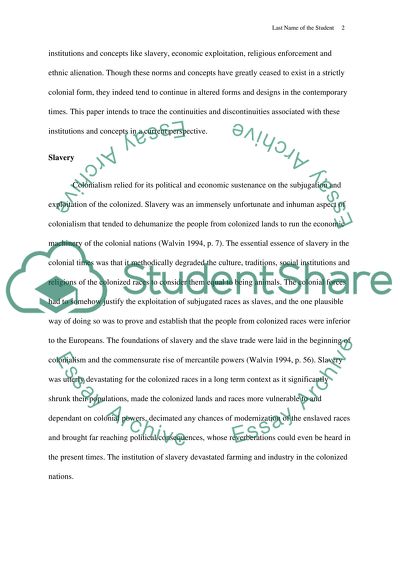Cite this document
(“Political Continuities and Discontinuities in the World between the Term Paper”, n.d.)
Political Continuities and Discontinuities in the World between the Term Paper. Retrieved from https://studentshare.org/history/1433019-political-science-political-continuities-and
Political Continuities and Discontinuities in the World between the Term Paper. Retrieved from https://studentshare.org/history/1433019-political-science-political-continuities-and
(Political Continuities and Discontinuities in the World Between the Term Paper)
Political Continuities and Discontinuities in the World Between the Term Paper. https://studentshare.org/history/1433019-political-science-political-continuities-and.
Political Continuities and Discontinuities in the World Between the Term Paper. https://studentshare.org/history/1433019-political-science-political-continuities-and.
“Political Continuities and Discontinuities in the World Between the Term Paper”, n.d. https://studentshare.org/history/1433019-political-science-political-continuities-and.


